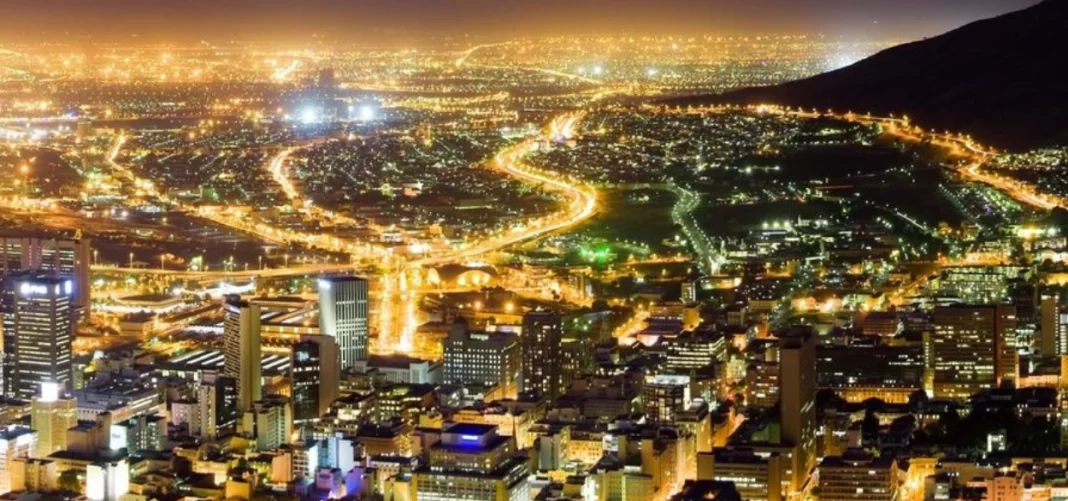The City of Accra has been selected to join 10 other cities under the Breathe Cities (BC) initiative –a strategy to accelerate progress, break down barriers to action, and ensure communities around the world have access to clean air.
As a member of the $30 million Breathe Cities initiative between Bloomberg Philanthropies, Clean Air Fund, and C40 Cities, Accra will receive support to enhance air quality data, community engagement and capacity building to tackle air pollution.
Participating Assemblies in Accra are Accra Metro, Ablekuma West, North, Central, Ayaywaso East, North, West, and Central, Okaikoi North, Korle Klottey, La Dadekotopon, La Nkwantanang Madina and Adentan Municipal.
Mr Michael R. Bloomberg, the UN Secretary-General’s Special Envoy on Climate Ambition and Solutions and Mr Sadiq Khan, the Mayor of London and C40 Chair, announced at the Local Climate Action Summit at the on-going COP28.
The initial cities are Warsaw, Poland; Paris, France; Brussels, Belgium; Milan, Italy; Johannesburg, South Africa; Nairobi, Kenya; Sofia, Bulgaria; Rio de Janeiro, Brazil; and Jakarta, Indonesia.
The support to the cities will draw lessons and expand on the Breathe London programme.
Mr Bloomberg said they had been selected based on their commitment to advance ambitious policies for tackling the twin dangers of air pollution and climate emissions.
Selection criteria included geographic diversity, intensity of air pollution and emissions, availability of engaged civil society, strong political interest and leadership, potential for scalability and capacity to implement action plans.
He noted that with the commitment of local government leadership to ensure reduction in air pollution and improve public health, Accra could explore opportunities for innovative progress toward long lasting change.
Mr Bloomberg said Cities had long been on the frontlines of air pollution and that the Breathe Cities initiative recognised the unique position that mayors had in enacting swift and transformative change at the local level.
Mr George Bray, Dean, Greater Accra Metropolitan and Municipal Chief Executives (MMDCEs), said “As a coastal city, Accra and its people are experiencing the harsh impacts of climate change and environmental stressors.
“It is critical for us to address toxic air pollution to protect not only the health of our residents, but also the health of our coastal ecosystems and assure food security. With the research tools, increased capacity, and shared learning from the Breathe Cities initiative, we’re thrilled to breathe life into the City of Accra.”
The City of Accra, Mr Bray, who is also an MCE Ablekuma West, was keen on addressing air quality as almost no urban area has air quality that meets the World Health Organization (WHO) guidelines.
Through a strategy combining data, policy, and community engagement, Breathe Cities has the ambitious goal of contributing to reducing air pollution by 30 percent on average across participating cities by 2030 compared to 2019 levels.
Such a bold reduction would result in cutting some 39,000 premature avoidable deaths and over 79,000 new cases of asthma in children each decade, saving $107 billion in avoided hospitalisations and deaths.
By 2030, a total of 284 Megatonnes of CO2e emissions would be avoided by 2030 among participating cities – a monumental win for both people and the planet.
A total of 41 percent of cities have air pollution over seven times higher than WHO’s recommendation, meaning their residents are breathing dangerously polluted air that can cause health issues such as asthma and respiratory illnesses.
Accra has over the years recorded pollution five to eleven times higher than the WHO recommended limits.
Globally, air pollution is associated with seven million premature deaths each year and costs the global economy $8.1 trillion, the equivalent of 6.1 percent of global GDP.
Residents who live in cities where density, geography, and pollution from transportation and industry pose unique daily hazards live face to face with this reality.
Mr Desmond Appiah, Country Lead, Clean Air Fund – Ghana, said already a pilot called Breathe Accra data project had been done in Accra, which saw installation of low-cost air sensors to collect data from parts of Accra for analysis.
Working with the Environmental Protection Agency, he stated that the pilot also built the capacity of environmental health officers, planning officers, transport officers and health directors of the participating Assemblies.
Mr Appiah noted that there would be more research, stakeholder engagement and improved policy assistance and sharing of lessons.
He said Accra’s selection as part of Breathe Cities initiative would have stakeholders working together to review local by-laws to make the City air pollution friendly.
GNA



